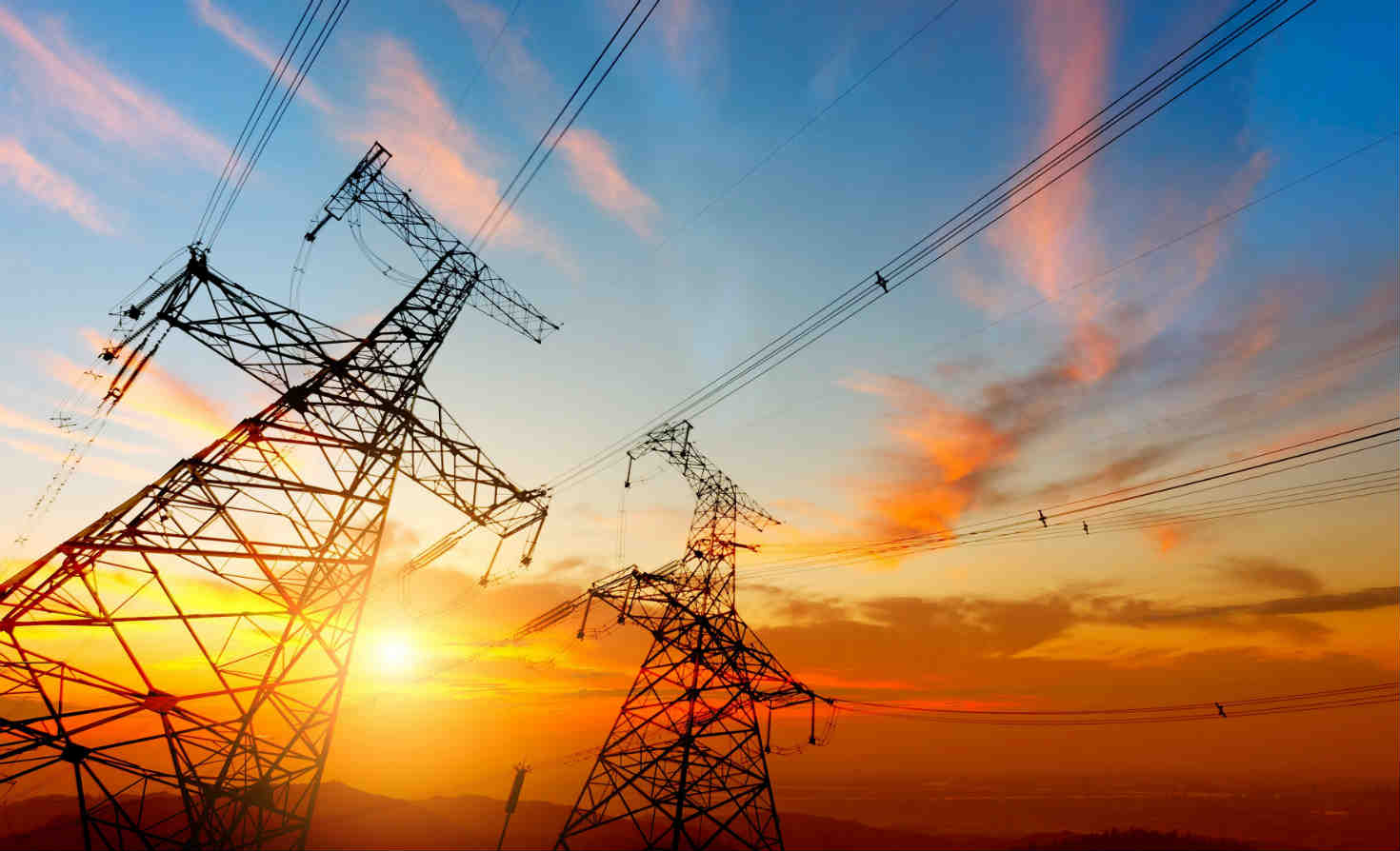4 signposts on the road to Utility 2.0

As the world tries to strike a balance between prosperity and sustainability, utilities find themselves at the eye of the storm in many of these debates. The ability to continue catering to the needs of burgeoning urban populations while keeping sustainability goals in sight will depend to a large extent on how utilities evolve.
术语“实用工具”在这里指的是民营企业,上市公司,监管机构和政策制定者参与有关能源,流动性,废物和水基本服务大量交付的生态系统。公用事业和自然资源的采集,转换,传输和分配,以及对我们的空气,水及其相应的影响和气候意味着任何可持续发展的计划,不积极参与前期之间,并始终与公用事业深的联系,势必使我们分手总之我们的目标。
然而,这种进化之路充满了挑战,如既得利益,陈旧的基础设施,制度僵化和企业的惯性。
Even in developed countries where utilities have a higher degree of private ownership and operate in a more deregulated environment, they have found themselves in a defensive position while dealing with technological development and societal changes. The clumsy response of electric utilities in the United States to developments such as distributed generation, storage andelectric vehicleshighlights what issues utilities may face the world over while trying to respond to changes in their operating environment.
One can only imagine the situation as being more complex in developing countries, where utilities have to contend with a surfeit of interests and conflicting goals. There is good news in that this issue cannot be viewed through the stifling “developed versus developing country” paradigm, which makes it ripe for international cooperation and knowledge sharing.
The world has begun to recognize this, and conversations are taking place in important corridors about “Utility 2.0” and what it should look like. Networks of practitioners such as theC40城市气候变化领导小组andconferences focused on “smart cities”are providing the required spaces for such discussions.
While the details surrounding Utility 2.0 are specific to the nature of service, regulatory environment and service territory characteristics, there are a few guiding principles that could underpin such transformation.
1. Be customer-focused
Utilities have to view their customers as more than ratepayers and need to explore ways to create a value proposition that goes beyond resource delivery. Distributed generation is an important component of anincreasing trend of energy democratization, and utilities that are customer-focused should be working toward making that more accessible for their customers rather than setting up barriers.
在美国的电力公司,大多是由恐惧害怕螺旋式下降的带动下,已经开始采取措施,被电子供应商值得信赖的能源顾问变换自己的形象。虽然他们还有很长的路要走转变业务模式,提高客户参与,故意把客户第一将是一个重要的第一步。
2.参与到community
Utilities can play an important role in the communities that they serve by engaging in job creation, training, awareness-raising and education, among other things.
世界面临的繁华大都市面临的共同挑战(前300大城市的家庭五分之一的世界人口和一切经济产出的一半)是在富人与穷人之间的生活质量不断差距。这种差异对生产力,安全,健康,竞争力等有直接的影响,和实用程序能够承担减少一个重要的角色,并提供更多的演奏水平场。例如,它是不是经常可以看到,在许多城市,低收入居民区被高效的公共交通,水平低下,进一步僵化城市贫困的恶性循环。
3.充当培养箱
The term “utilities” brings up images of slow-moving territorial behemoths that are slow to respond to changes and to adapt to a changing environment (dinosaurs, anyone?). This notion is neither wholly inaccurate nor unjustified.
While state-run utilities exhibit typical characteristics of government-run institutions, privately owned utilities have not really fared much better. We cannot afford to let utilities hide behind business models that rely on their monopolistic privileges—we need them to be incubators of new technologies and business models. For instance, emerging waste management technologies reduce the amount of waste going to landfills, and废公用事业应该帮助to demonstrate “proof of concept” more proactively.
4. Actively pursue decoupling
Decoupling economic prosperity from resource use, especially in the context of non-renewable natural resources, is the panacea to many of our environmental and social challenges. The sheer proportion of natural resources under control and use by utilities makes them one of the most important custodians and stakeholders in ensuring sustainable resource use.
Hence, a business model that relies on the volume of resource conversion (as traditional utilities are structured), rather than on the efficiency of use, is bound to create an unsustainable system of socioeconomic organization. As we find ourselves on the precipice of irreversible climate change and environmental degradation, we need utilities to actively pursue decoupling of their profitability (among other indicators) from resource use.
上述特性不能公用事业服务供应商来开发,无论是国营还是私营,在真空中,我们需要政策制定者,监管者,投资者,公民,公民社会和创新者的一致努力。
This article first appeared at世界观察研究所博客.


